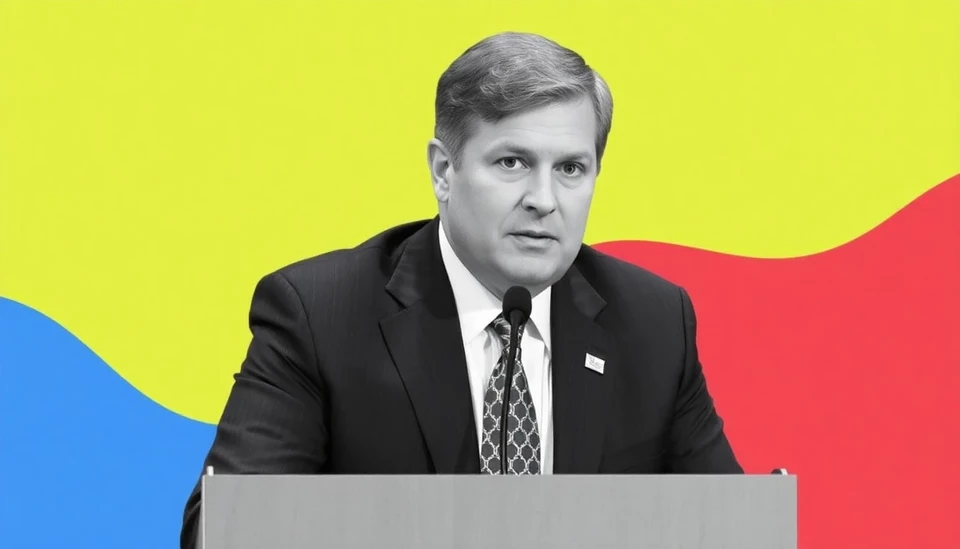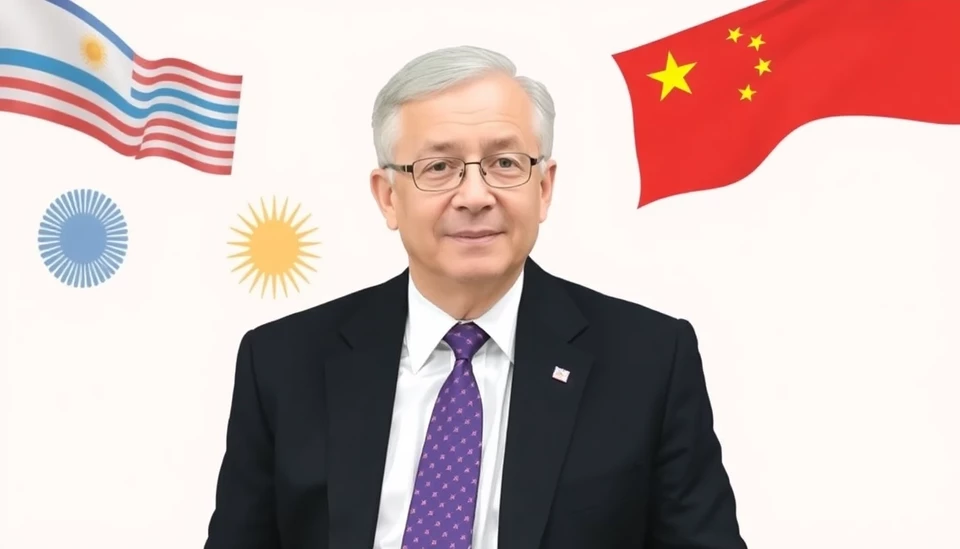
In a surprising turn of events, Argentina's peso has shown resilience against the U.S. dollar, defying many economists' predictions of continued decline. Since taking office, President Javier Milei has embarked on a radical economic reform agenda aimed at curtailing inflation, which has plagued the nation for years. The recent performance of the peso is sparking debate among financial analysts about the efficacy of Milei's policies and the overall economic direction of Argentina.
Initially, many analysts had forecasted a further weakening of the peso, expecting a bleak landscape mainly due to severe inflation that had ravaged the country's economy. However, recent data indicates that the peso has been trading stronger than expected against the dollar. This development raises questions about the validity of prior forecasts and the strategies being implemented by Milei's administration.
Experts cite several reasons for this unexpected turn. One argument is that Milei's aggressive approach, which includes significant cuts to government spending and a commitment to dollarize the economy, has restored some investor confidence. This confidence, in turn, has somewhat stabilized the peso, leading to better-than-anticipated outcomes in the currency market.
Furthermore, the government's promise to curb inflation through fiscal discipline and a stricter monetary policy has captivated investor attention. Many believe that the transparency and decisiveness exhibited by Milei could lead to a more favorable investment climate moving forward.
Despite these positive signs, challenges remain plentiful. While the peso's current strength is noteworthy, analysts caution against viewing this trend as a definitive turn-around. Continued high inflation rates, which remain above a staggering 100%, threaten to undermine any gains achieved in currency stabilization. Moreover, the long-term sustainability of Milei’s reforms is still under scrutiny, with many questioning how these measures will hold up against external economic pressures and domestic unrest.
Observers are particularly concerned about potential backlash from the populace regarding austerity measures. Prior reform attempts in Argentina have faced significant pushback from citizens directly affected by cuts to social programs and public services. As these measures begin to take effect, it remains to be seen whether the financial gains will translate into tangible benefits for the average Argentine citizen.
In conclusion, while the Argentine peso's current performance presents a glimmer of hope for a nation long beleaguered by economic turmoil, the road to sustained stability is fraught with hurdles. The success of Javier Milei's ambitious economic agenda remains to be seen as both domestic and global factors will undoubtedly play a critical role in shaping the future of Argentina's economy.
As the situation continues to evolve, observers worldwide will be keeping a keen eye on how the Argentine government navigates these tumultuous waters. Will the peso's resilience mark a turning point for the nation's economic fortunes, or will the challenges ahead prove too significant?
#Argentina #Peso #Milei #Economy #Inflation #Dollarization #EconomicReform #Finance #Investments #CurrencyStrength
Author: Rachel Greene




